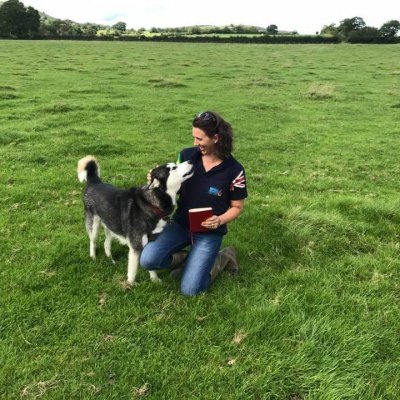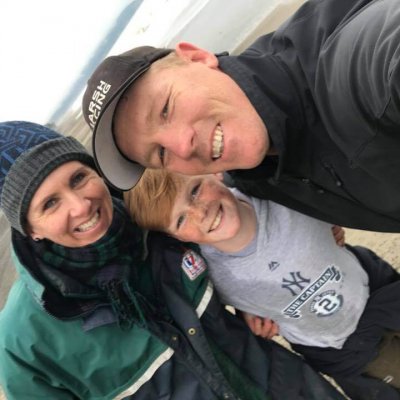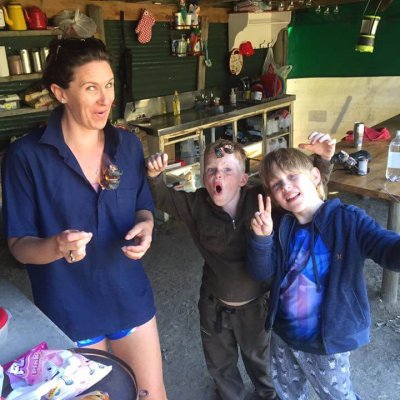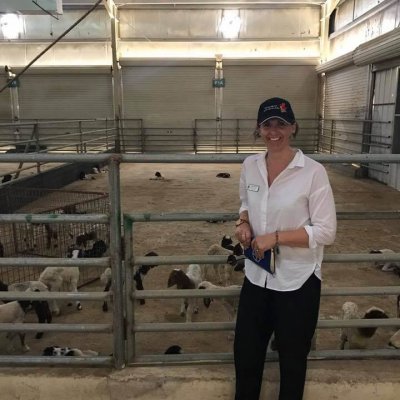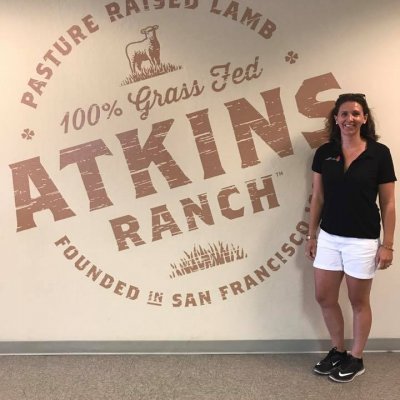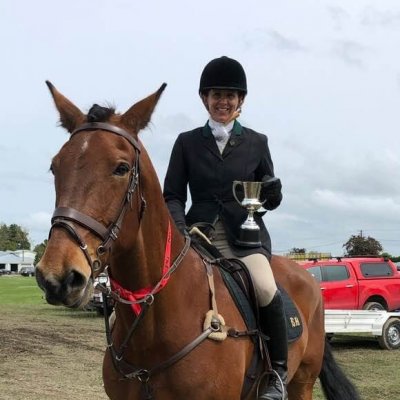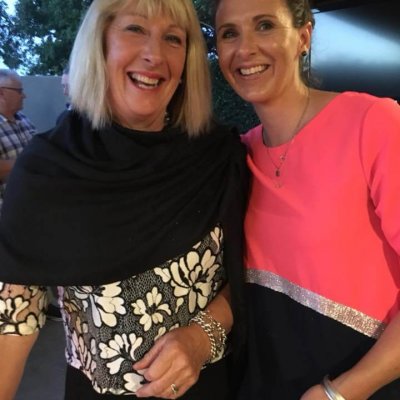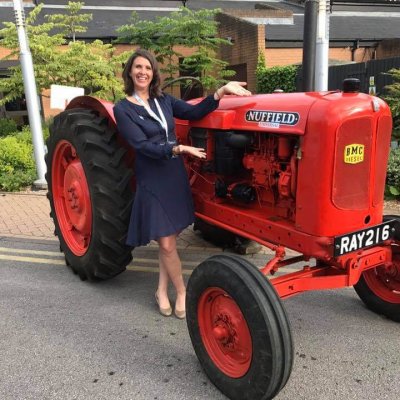With agriculture running through her veins, North Canterbury woman Rebecca Hyde has never considered being involved in any other industry. A prestigious Nuffield Scholar, Rebecca has an extensive global network in agriculture and has spent considerable time studying not only the industry itself, but the global food trade and various advancements in technology. Now based in Oxford, she has recently founded her own business, TFD Consulting, working alongside companies and farmers to strengthen environmental management on the farm. Savouring the simple things in life, she enjoys being out in open spaces with her family, friends and dogs as well as their annual camping trip to the Hurunui River.
When asked what concerned Rebecca about the health and safety of those in rural industries and communities, she acknowledged the mental health of those who don’t actively pursue hobbies or other interests off the farm, and that the absence of a line between what is ‘work’ and what is ‘home’ can often be to a farmer’s detriment. Rebecca strongly advises rural men and women to recognise the courage it takes for a person to reach out for help, and emphasises the need to act quickly – otherwise that person may never reach out again.
How would you describe yourself in three words?
Honest, curious and empathetic.
Tell me something interesting about yourself...
I have never entertained the idea of being involved in any industry other than agriculture, it runs in my blood. From a farming family in North Canterbury, I grew up helping out on the farm and being surrounded by animals. I’m married to a city slicker in the building industry which gives me a completely different perspective on how people outside the industry view farming. These different perspectives have allowed me to see situations from a different angle and for that I am very grateful.
I’ve just recently founded my own company, TFD Consulting, working with companies and farmers to navigate environmental management on the farm. With 15 years industry experience and a life time as a farmer’s daughter, I’m now using my skills to take their businesses forward into the future with an environmental focus.
What's one achievement you are most proud of?
An achievement I’m most proud of is travelling the world in 2017 looking at agriculture on a Nuffield Scholarship. I am immensely proud to have been invested in by the New Zealand agriculture industry as a Nuffield Scholar. This has opened my eyes to global food trade, technology and networks around the world. New Zealand is a unique food and fibre producer with a favourable climate and amazing natural resources that we need to nurture for generations to come.
What makes you truly happy?
Being out in open spaces with family and friends makes me truly happy, and if our dogs are there as well, then that’s an added bonus. My happy place is our family camp site on the Hurunui River. Camping every year is a time to reconnect, enjoy each other’s company, eat some good food and relax. I am really grateful that I can enjoy the simple things in life.
What do you love the most about being a rural woman?
I love the can-do attitude of rural women. I was fortunate to grow up with a pretty good role model, there wasn’t much Mum couldn’t do! There are so many wonderful women that have all got a story tell and play a vital role in keeping their communities ticking – I love being a part of that.
Tell me about a time when you felt worried about your own or someone else’s health, safety or wellbeing on the farm, boat or in some other aspect of rural life.
I worry about the safety and wellbeing of farmers who don’t have hobbies or interests off the farm. Over the years I have been really fortunate to deal with a number of farmers across the country. As we know, farmers live and work in the same place. It has always concerned me when I come across farmers that are working seven days a week and not prioritising family time or allowing themselves time to pursue other interests.
What practical things did or could you, your partner and / or others do to prevent someone from getting hurt?
One practical thing you can do to prevent someone from getting hurt is explaining the ‘why’ when pointing out hazards. We’ve recently stacked our fire wood and the 12 year old in our household gets the wood in. We’ve made sure he knows not to pull the wood from the side or the front of the stack to prevent it from falling down. All too often, we take for granted the assumption that people see real or potential hazards. It takes two seconds to point them out and it can save an injury.
"Be open to leaning from other people’s experiences and if someone reaches out, help them, because they may not reach out again."
Rebecca Hyde, Oxford, Canterbury NZ Tweet this
Is there a time, place or scenario when your partner / workers are more willing to make changes to the way work is done?
Health and safety needs to be an ongoing focus and not just an add–on to another discussion such as the weekly plan. I have done health, safety and wellbeing workshops through my job and they have had a positive impact on my approach and that of my colleagues. We need to make it a priority so that it sits at the front of our minds.
If you could give any advice to another rural woman about work health and safety in rural industries, about influencing change in business - or just in general - what would it be?
Safety never takes a holiday. Focusing on health, safety and wellbeing isn’t about ticking a box, it’s about keeping families together.
Is there anything else you'd like to add?
We all go through ups and downs in our lives and it’s important to surround ourselves with people that can help us through, just as we can help them. Be open to leaning from other people’s experiences and if someone reaches out, help them, because they may not reach out again.
